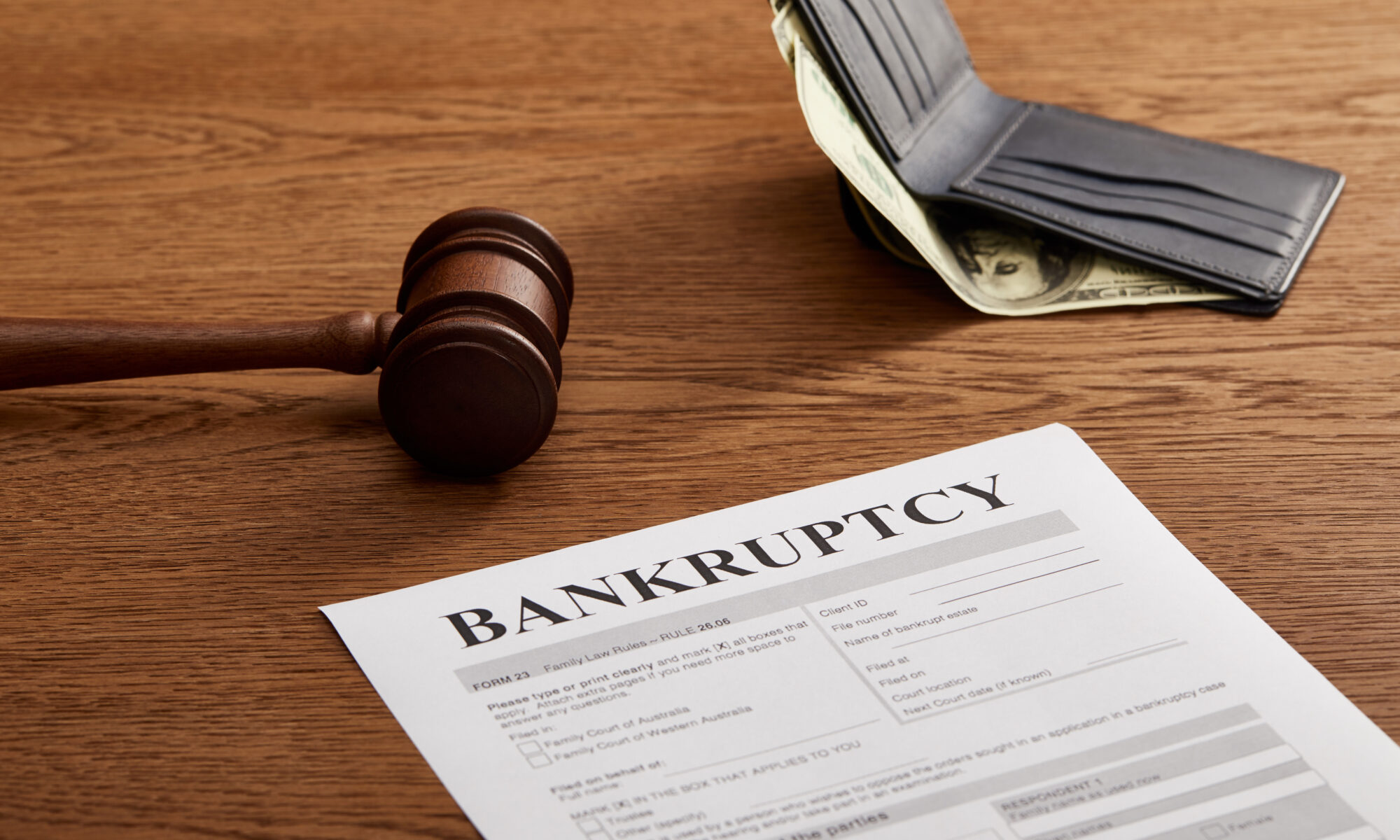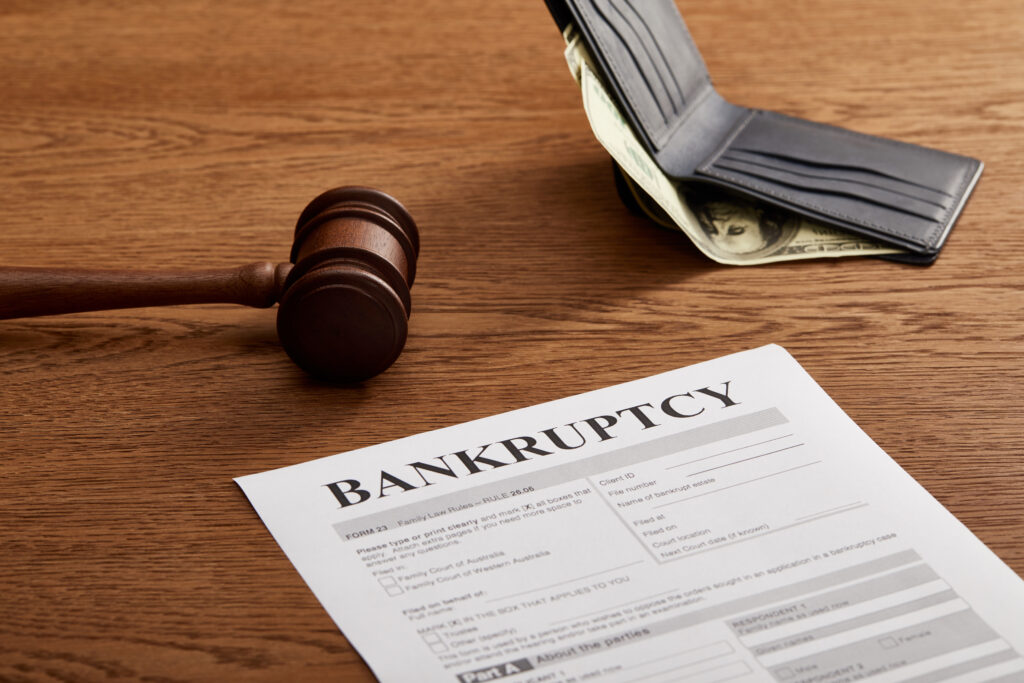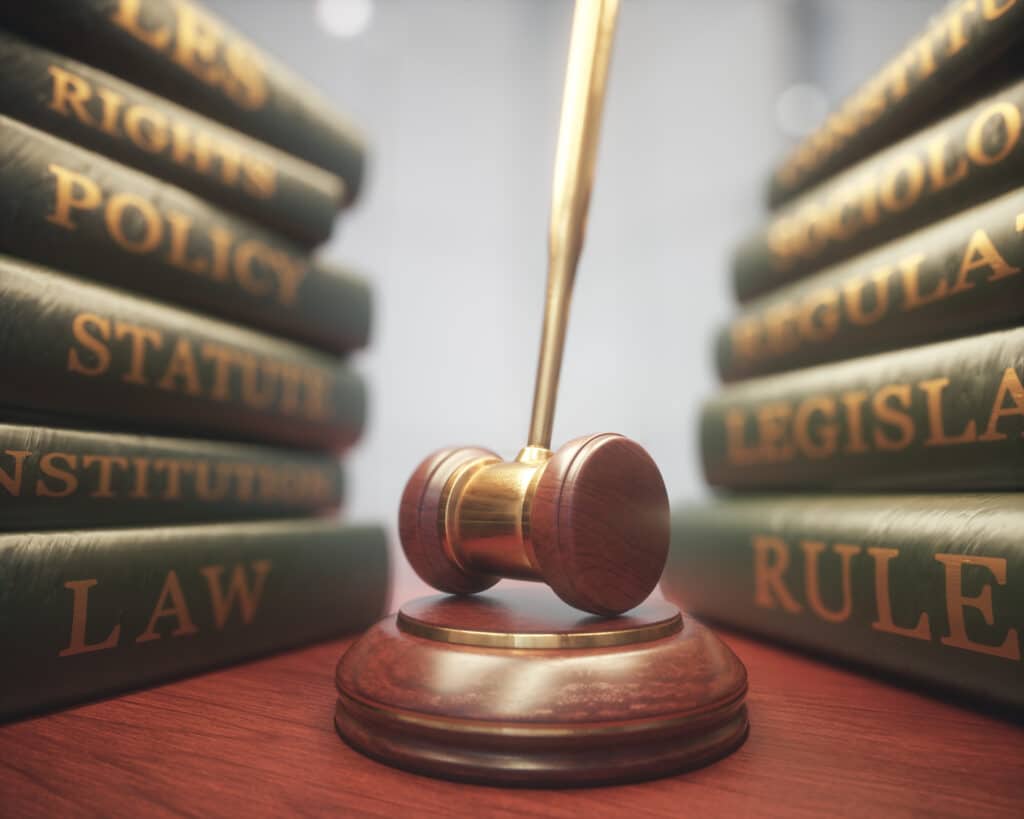
In Virginia, a homeowner who is behind on their mortgage payments may face the threat of foreclosure. Foreclosure is the process by which a lender takes possession of a property due to non-payment of a mortgage. However, a loan modification can be a way to stop foreclosure and allow the homeowner to keep their home. Let’s explore whether a loan modification can stop a foreclosure in Virginia and the Virginia foreclosure laws you should be aware of.
Loan Modification Explained
A loan modification is a change made to the terms of an existing mortgage by the lender. It is intended to help homeowners who are struggling to make their mortgage payments by making their payments more affordable. The lender may modify the loan by lowering the interest rate, extending the repayment term, or reducing the principal balance owed. The goal of a loan modification is to reduce the monthly mortgage payment to a level that the homeowner can afford.
Advantages and Disadvantages of Loan Modification
There are several advantages to obtaining a loan modification. Most importantly, it can stop a foreclosure. If a homeowner is behind on their mortgage payments and facing foreclosure, obtaining a loan modification can halt the foreclosure process. Second, a loan modification can make the monthly mortgage payment more affordable, allowing the homeowner to stay in their home. It can also help the homeowner avoid the negative impact of foreclosure on their credit score.
However, there are also some disadvantages to obtaining a loan modification. Firstly, the process can be time-consuming and complex. It may take several months to complete the loan modification process, and there is no guarantee that the lender will approve the modification. Secondly, a loan modification may not necessarily reduce the total amount owed on the mortgage, and may even increase the overall cost of the loan. Thirdly, a loan modification may result in a longer repayment term, which means that the homeowner will be paying off the mortgage for a longer period of time.
Mortgage Loan Modification Process and Procedure
The mortgage loan modification process and procedure may vary depending on the lender and the homeowner’s specific circumstances. However, there are some general steps that are typically involved in the loan modification process. Firstly, the homeowner will need to submit an application for a loan modification to their lender.
The application will typically require documentation of the homeowner’s income, expenses, and financial hardship. Second, the lender will review the application and may request additional documentation or information. Next, the lender will evaluate the homeowner’s financial situation and may propose a loan modification with new terms and conditions. Finally, if the homeowner accepts the loan modification, they will need to sign new loan documents and make payments according to the new terms.
How You Can Get a Loan Modification
If you are a homeowner in Virginia who is struggling to make your mortgage payments and facing the threat of foreclosure, you may be eligible for a loan modification, but there are several steps to go through first. To get a loan modification, you will need to follow the steps outlined by your lender and provide documentation of your financial hardship. It is also important to seek professional advice from a foreclosure attorney who can guide you through the loan modification process and help you understand your legal rights and options.
What Qualifies as Financial Hardship for an Effective Loan Modification Request
To qualify for a loan modification, you must demonstrate to your lender that you are experiencing financial hardship. Financial hardship refers to a situation where you are unable to make your monthly mortgage payments due to a significant and long-term change in your financial circumstances.
Some common examples of financial hardship that may qualify for a loan modification include:
● Loss of employment or reduction in income
● Illness or disability that results in a loss of income or increased expenses
● Divorce or separation that results in a loss of income or increased expenses
● Unexpected and significant expenses, such as medical bills or home repairs
● Death of a spouse or co-borrower resulting in a loss of income
It is important to note that not all financial hardship situations will automatically qualify for a loan modification. Each lender has their own criteria for evaluating hardship cases. However, if you can demonstrate that your financial hardship is significant and long-term, you may have a better chance of being approved for a loan modification. It is important to consult with a foreclosure attorney who can help you understand the lender’s requirements and increase your chances of success.
Frequently Asked Questions
Q: What is foreclosure?
A: Foreclosure is the legal process by which a lender takes possession of a property due to non-payment of a mortgage.
Q: Can a loan modification stop foreclosure?
A: Yes, a loan modification can be an effective way to stop the foreclosure by making the monthly mortgage payment more affordable.
Q: What are the advantages of a loan modification?
A: The advantages of a loan modification include stopping foreclosure, making the monthly mortgage payment more affordable, and avoiding the negative impact of foreclosure on credit score.
Get in Touch With the Law Offices of Robert S. Brandt to Learn More About Foreclosure Laws and Schedule a Consultation
If you are facing the threat of foreclosure in Virginia, it is important to understand your legal rights and options. The Law Offices of Robert S. Brandt can help you navigate the complex foreclosure laws and procedures in Virginia and provide guidance on how to stop foreclosure and keep your home. I offer a free consultation to discuss your situation and determine the best course of action. Contact me today to schedule a consultation and learn more about how I can help you.






